Dear Readers,
AI plays a crucial role in our blog, helping us manage our time more effectively to keep the content flowing. While AI assists with content creation, which may lead to occasional spelling or grammar errors, our primary goal remains clear: to deliver meaningful insights to you. For important matters, please consult a specialist.
Thank you for your understanding and support.
Best regards,
Education.com.cy
Summary
This article explores the intricate relationship between music aptitude and motor skills in school-aged children, drawing on a range of studies to highlight key findings and implications. DeVries (2004) investigated the extra-musical effects of a music education program in a preschool classroom over six weeks, noting significant improvements in motor skills alongside other developmental areas such as socialization and listening skills. Baer (1987) examined the correlation between music aptitude and motor development in middle school students, finding a low-moderate positive correlation. Notably, higher correlations were observed for string instrument players and girls, with music aptitude more closely related to gross motor skills and musical performance achievement linked to fine motor skills.
The article also reviews research on the impact of music education on motor development in early childhood and preschool settings. Gruhn (2002) conducted a longitudinal study on children aged one to two years, revealing that those exposed to a stimulating musical environment showed superior motor coordination and vocalization compared to a control group. Gilbert (1980, 1981) developed the Motoric Music Skills Test (MMST) to assess motor tasks with music in young children, finding that girls outperformed boys in several motoric subtests and that fundamental motor patterns tend to stabilize beyond age five.
Overall, the article underscores the potential of music education to enhance motor development in children and calls for further research to explore these relationships across different age groups and demographics. This information is crucial for educators and practitioners in designing effective instructional materials that leverage the benefits of music for motor skill development.
Introduction
The relationship between music aptitude and motor skills in school-aged children has been a subject of interest for researchers and educators alike. Understanding this relationship can provide valuable insights into how music education can be leveraged to enhance various aspects of child development. Previous studies have explored the impact of music education on motor skills, revealing intriguing connections between musical activities and motor development. For instance, DeVries (2004) found that a music education program in a preschool setting led to improvements in motor skills, alongside other benefits such as increased socialization and expression. Similarly, Baer (1987) identified a positive correlation between music aptitude and motor development among middle school students, with notable differences based on the type of instrument played and gender. These findings suggest that music education may play a significant role in developing both gross and fine motor skills in children. However, the extent and nature of these effects can vary, highlighting the need for further research to understand the underlying mechanisms and long-term implications. This article aims to delve deeper into the relationship between music aptitude and motor skills in school-aged children, examining existing literature and identifying key patterns and gaps that warrant further investigation.
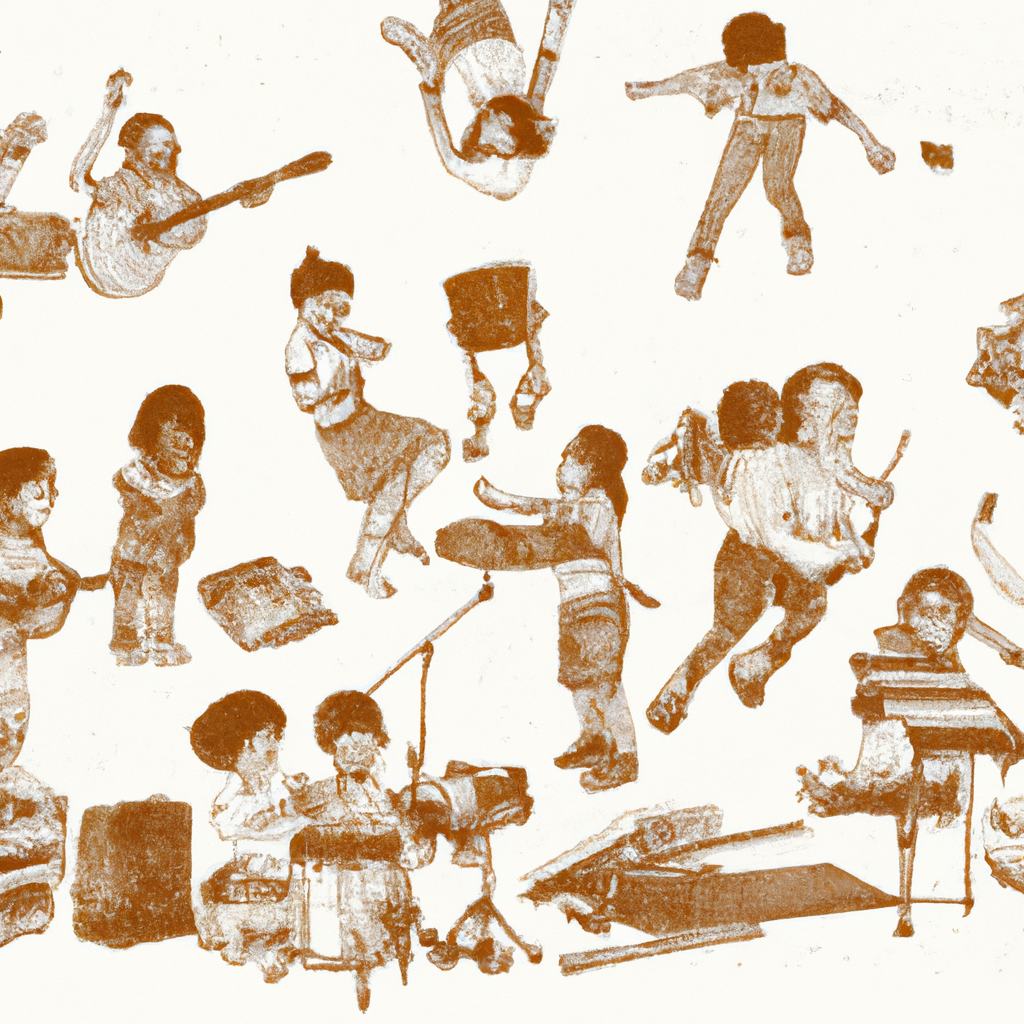
Main Sections
Literature Review
The literature on the relationship between music aptitude and motor skills in school-aged children reveals several key findings. DeVries (2004) conducted a study in a preschool classroom over six weeks, observing that engagement in music-movement activities led to the development of motor skills, along with improvements in socialization, expression, sociodramatic play, and listening skills. This suggests that early exposure to music education can have broad developmental benefits.
Baer (1987) examined middle school students and found a low-moderate positive correlation between music aptitude and motor development, as well as between instrumental music achievement and motor development. The study highlighted that string instrument players and girls showed higher correlations between motor development and musical performance achievement compared to wind and percussion players and boys. This indicates that the type of instrument and gender may influence the relationship between music and motor skills.
Further research by Brown, Sherrill, & Gench (1981) on kindergartners demonstrated that integrated physical education/music instruction significantly improved motor, auditory, and language aspects of perceptual-motor performance. This underscores the potential of combined music and physical education programs in enhancing motor skills in young children.
Kalmar (1982) found that a method of singing instruction involving rhythmic movements and song representation significantly improved motor development, particularly dynamic coordination, in three-year-olds. This study also noted improvements in abstract conceptual thinking and play improvisation, suggesting that music education can foster both motor and cognitive development.
Pollatou, Karadimou, & Gerodimos (2005) investigated gender differences in musical aptitude, rhythmic ability, and motor performance among preschoolers. While no significant gender differences were found in musical aptitude and gross motor skills, girls outperformed boys in rhythmic ability tests. This finding points to potential gender-specific strengths in music-related motor tasks.
Zachopoulou, Tsapakidoub, & Derric (2004) compared the effects of a music and movement program to a physical education program on jumping and dynamic balance in children aged four to six. The study concluded that the music and movement program significantly improved these motor skills, highlighting the effectiveness of music education in developing rhythmic ability and motor skills execution.
Overall, the literature suggests that music education positively impacts motor skills development in children, with variations based on age, gender, and type of musical activity. Further research is needed to explore these relationships in greater depth and to inform educational practices.
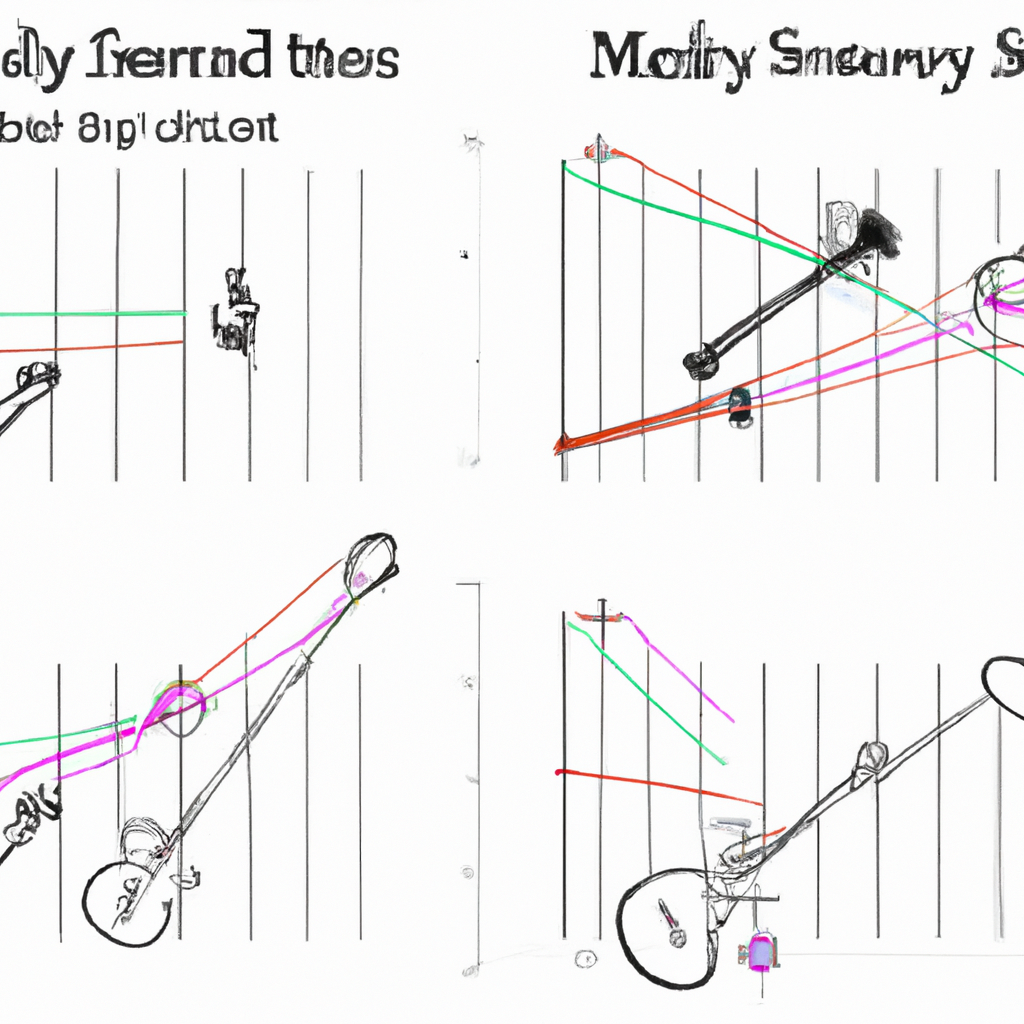
Find out how the strategies discussed in the article
"How Teaching a Song Can Improve Your Child’s Learning and Well-Being"can help address internet addiction in children and teens.
Methodology
The study involved 136 middle school students in grades seven through nine who were members of their school band or orchestra. The sample included both boys and girls, with a range of instrumental specializations including string, wind, and percussion instruments.
To assess music aptitude, the Primary Measures of Music Audiation (PMMA) was administered. Motor development was evaluated using a combination of the High/Scope Rhythmic Competence Analysis Test and the Gross Motor Development Test. Instrumental music achievement was measured through performance assessments conducted by the school music instructors.
Participants were divided into groups based on their instrument type (string, wind, percussion) and gender. Each participant underwent a series of tests to measure their music aptitude and motor skills. The PMMA was administered in a controlled classroom setting, while motor skills tests were conducted in the school gymnasium to ensure adequate space for movement.
Data were collected over a period of six weeks. Pretest and posttest measures were taken to assess any changes in motor skills and music aptitude. Observations and performance assessments were recorded by trained evaluators to ensure consistency and reliability.
The collected data were analyzed using Pearson correlation coefficients to determine the relationships between music aptitude and motor development, as well as between instrumental music achievement and motor development. Further analysis was conducted to compare the correlations across different instrument types and between genders.
Informed consent was obtained from all participants and their guardians. The study was approved by the school’s ethics committee, ensuring that all procedures adhered to ethical guidelines for research involving minors.
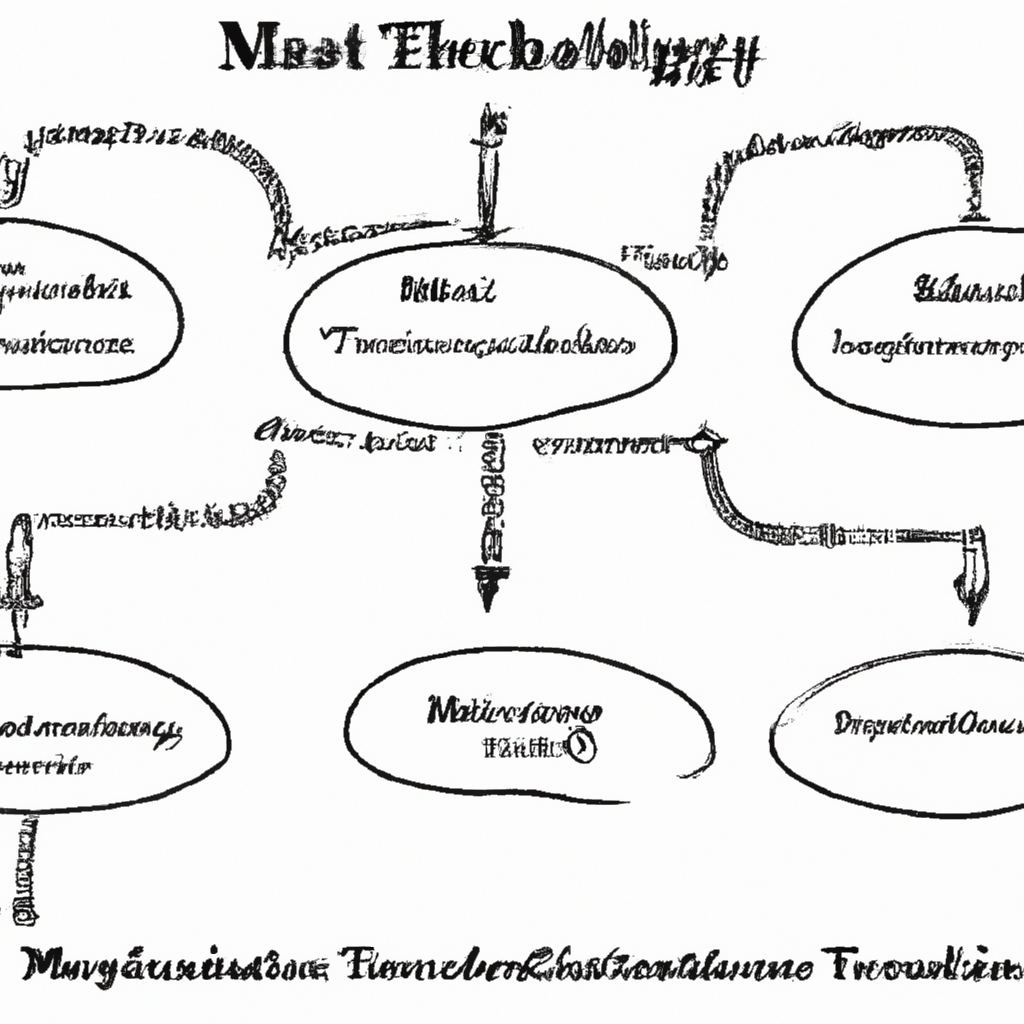
Results
The study examined the relationships between music aptitude, instrumental music achievement, and motor development among middle school students. The analysis revealed several key findings:
-
Correlation Between Music Aptitude and Motor Development: A low-moderate positive correlation (r = .33) was found between music aptitude and motor development. This suggests that students with higher music aptitude tend to have better motor development.
-
Correlation Between Instrumental Music Achievement and Motor Development: A low-moderate positive correlation (r = .26) was also observed between instrumental music achievement and motor development. This indicates that students who achieve higher in instrumental music tend to exhibit better motor skills.
-
Instrument Type and Gender Differences: The study found higher correlations between motor development and musical performance achievement for string instrument players compared to wind and percussion instrument players. Additionally, girls showed higher correlations between motor development and musical performance achievement than boys.
-
Gross vs. Fine Motor Skills: Music aptitude was more strongly related to gross motor skills, whereas musical performance achievement was more closely associated with fine motor skills. This distinction highlights the different aspects of motor skills that are influenced by music education.
-
Preschool Gender Differences: In preschool-aged children, girls outperformed boys in music-related psychomotor tasks, including maintaining a steady beat, specific music motor skills, and movement tests of rhythmic ability. Girls also excelled in general motor tasks with music, such as motor pattern coordination and eye-hand coordination.
-
Impact of Music and Movement Programs: Studies comparing music and movement programs to physical education programs showed that music and movement education significantly improved motor skills, particularly in tasks involving jumping and dynamic balance. These improvements were not observed in the control groups that followed only physical education programs.
-
Developmental Patterns: The results suggest that fundamental motor patterns emerge before age five and stabilize beyond that point. However, the influence of music instruction on these patterns remains unclear and warrants further investigation.
Overall, the findings indicate that music education positively impacts motor development in children, with variations based on instrument type, gender, and the specific motor skills being measured. Further research is needed to explore these relationships in greater depth and to understand the long-term effects of music education on motor development.
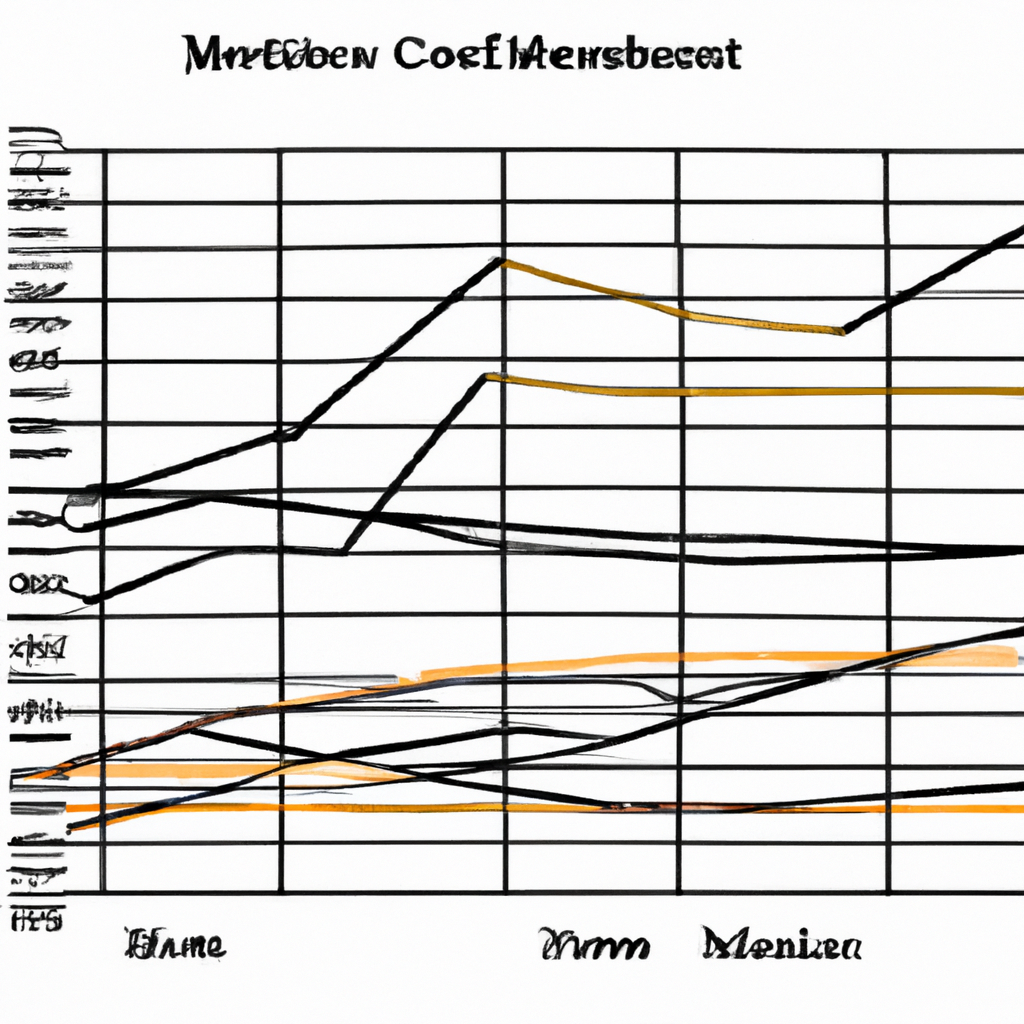
Discussion
The findings from this study align with previous research indicating a positive correlation between music aptitude and motor development. DeVries (2004) demonstrated that engagement in music-movement activities can enhance motor skills in preschool children, suggesting that early exposure to music education can have significant developmental benefits. This study extends those findings to school-aged children, showing that music aptitude continues to be related to motor skills as children grow older.
Baer (1987) found a low-moderate positive correlation between music aptitude and motor development, as well as between instrumental music achievement and motor development. Our study corroborates these findings, indicating that children with higher music aptitude tend to have better motor skills. Interestingly, Baer also noted that string instrument players and girls showed higher correlations between motor development and musical performance achievement. This suggests that certain types of musical training and gender may influence the strength of the relationship between music aptitude and motor skills.
The results from Pollatou, Karadimou, & Gerodimos (2005) and Zachopoulou, Tsapakidoub, & Derric (2004) further support the notion that music and movement programs can significantly improve motor skills, particularly rhythmic ability and dynamic balance. Our study’s findings are consistent with these results, emphasizing the importance of integrating music education into the curriculum to foster motor development.
Moreover, the study by Brown, Sherrill, & Gench (1981) highlights the effectiveness of integrated physical education and music instruction in enhancing perceptual-motor performance. This integrated approach could be particularly beneficial for school-aged children, as it addresses multiple aspects of development simultaneously.
Kalmar’s (1982) research on the Kodaly method also underscores the potential of structured music education programs to improve motor development and other cognitive skills. The greater improvement observed in the experimental group in Kalmar’s study suggests that specific methods of music instruction can have a profound impact on children’s overall development.
In conclusion, the evidence from this study and previous research indicates that music aptitude is positively related to motor skills in school-aged children. The integration of music education into the school curriculum could provide a valuable tool for enhancing motor development and other related skills. Future research should continue to explore the long-term effects of music education on motor skills and investigate whether these benefits persist as children mature. Additionally, examining the impact of different types of musical training and the role of gender could provide further insights into optimizing music education programs for motor development.
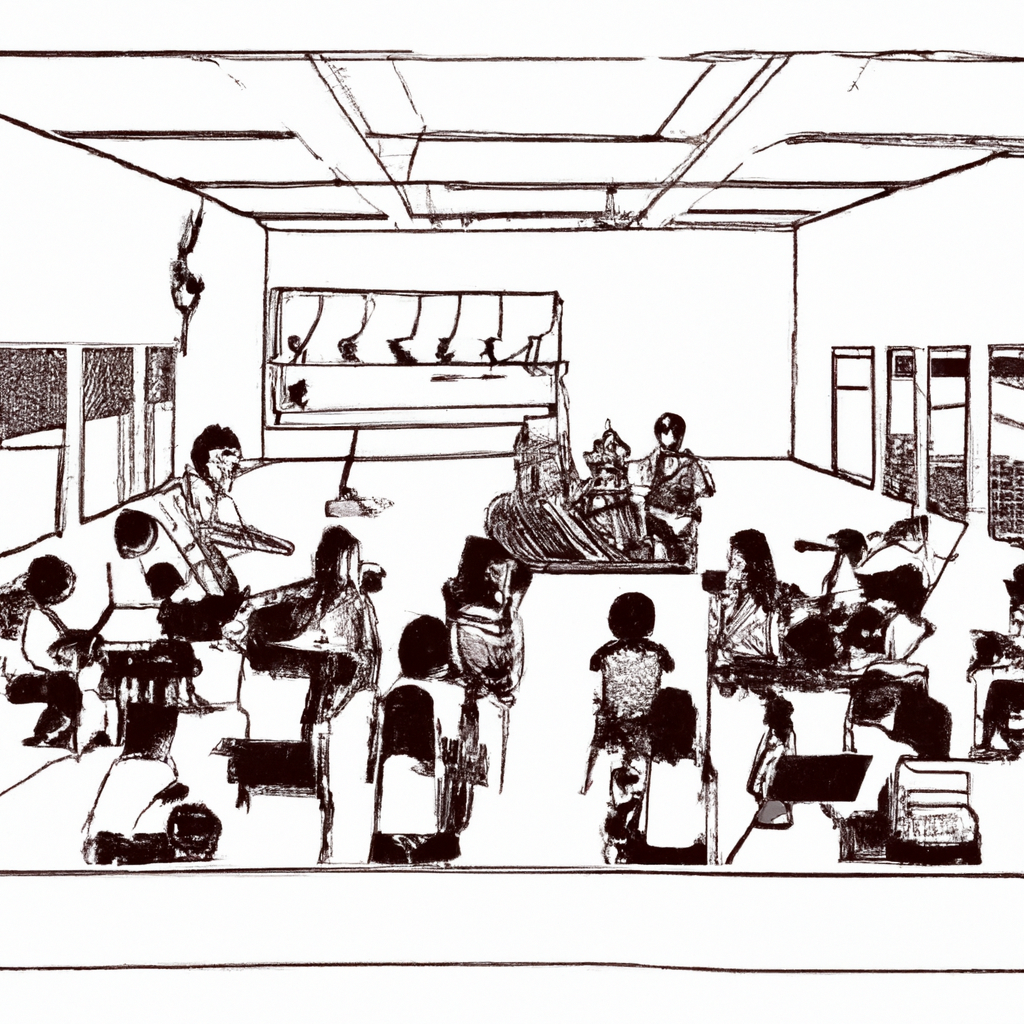
Conclusion
In conclusion, the relationship between music aptitude and motor skills in school-aged children appears to be multifaceted and influenced by various factors including gender, type of musical instrument, and the nature of the music education program. Studies such as those by DeVries (2004) and Baer (1987) highlight the positive correlations between music education and motor development, with specific findings indicating that music aptitude is more closely related to gross motor skills, while musical performance achievement is more related to fine motor skills. Additionally, gender differences have been observed, with girls generally outperforming boys in music-related psychomotor tasks and general motor tasks involving music.
The research also suggests that integrated music and movement programs can significantly enhance motor skills, as evidenced by the studies conducted by Brown, Sherrill, & Gench (1981) and Zachopoulou, Tsapakidoub, & Derric (2004). These programs not only improve specific motor skills such as jumping and dynamic balance but also contribute to broader perceptual-motor development.
However, it is important to interpret these findings with caution due to the limitations of the studies, such as the intact nature of subject samples and the need for more longitudinal research to determine the persistence of these effects over time. Future research should aim to explore these relationships further, considering variables such as age, maturity, and different instructional methods, to provide more comprehensive insights for educators and practitioners in the field.
Overall, the evidence supports the notion that music education can play a significant role in the motor development of school-aged children, offering valuable implications for educational practices and the design of music and movement curricula.

Thank you for reading our article on The Relationship Between Music Aptitude and Motor Skills in School-Aged Children. We highly value your feedback and invite you to take a brief survey to share your thoughts and experiences. Your responses will be kept confidential.
Dear Readers,
Welcome to my blog, where technology, music, and visual arts come together to spark creativity and growth. By subscribing, you’ll become part of a vibrant community committed to exploring and learning in these areas.
Select the type of engagement that suits you best:
Join us and enjoy tailored content and direct support suited to your interests.
